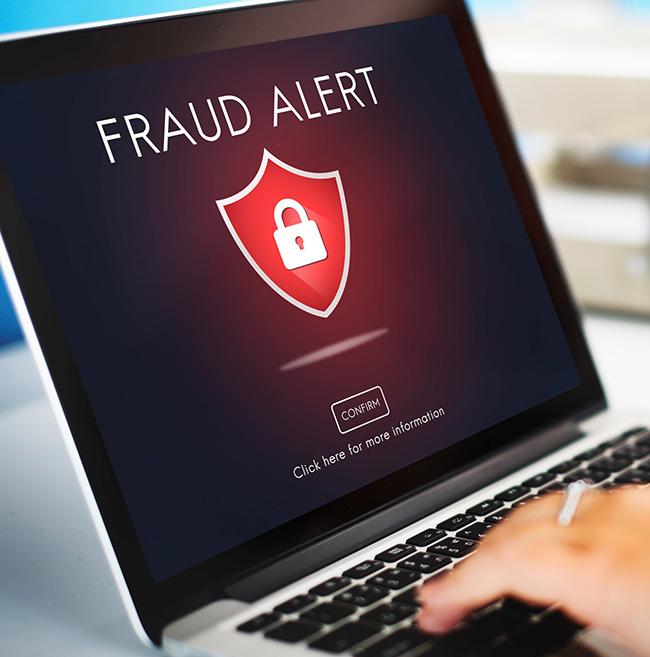To understand the relevance of simulated phishing campaigns, especially in today’s times, one needs to learn all about phishing and how it is weaponized to target employees of an organization. In this blog, I explain how phishing attacks work. The objective is to enumerate the importance and impact of proven preventive strategies such as simulated phishing campaigns, in organizations.
What is phishing?
Phishing is an organized multibillion-dollar cybercrime business. The attackers pose as a legitimate organization or individual and contact their targets (employees), through email, telephone, or text message. The attackers then lure employees to give away the organization's sensitive data and compromise the critical infrastructure.
Phishing is done to gain a foothold in corporate or government networks. Almost 80% of phishing attacks are done through emails. The email recipients are tricked into clicking malicious links or downloading executable files, which leads to the installation of malware for data exfiltration and ransomware attacks.
There are different types of phishing attacks including email phishing, vishing, whaling, smishing & spear phishing.
How is phishing weaponized?
The attack follows a phase-wise approach as described below:

Why Simulated Campaigns?
When it comes to securing an organization, employees are the weakest links because they are often the prime targets for cybercrimes. Phishing attacks are the easiest and most effective means to target employees. Today, phishing attacks are increasing despite having all anti-phishing measures in place. Therefore, employees need practical training to defend and keep these phishing attacks at bay.
One of the best ways to increase awareness about phishing is through simulated targeted phishing campaigns designed for all internal and contract employees. These campaigns should be run at regular intervals so that employees not only start becoming aware but also develop appropriate reflexes to differentiate between genuine emails and spam. Our research confirms that a simulated phishing campaign is more effective in educating employees than any other method or strategy. This is reinforced by the data that revealed a marked improvement in scores when retests were performed.
As per our previous simulated phishing campaigns delivered to our customers, we observed that on average, 25% of the phishing emails were opened, and at least 15% of them ended up giving away sensitive information or downloaded executable files. One of every three customers’ existing anti-phishing solutions was ineffective in stopping the phishing campaign. Note, the above statistics were recorded despite the customers delivering in-person awareness training.
InfoVision’s Enterprise Cybersecurity & Risk Services (ECRS) practice offers simulated phishing campaign services and various anti-phishing technology controls to customers. The customized simulated phishing campaigns are effective not only in educating employees but also evaluating the existing anti-phishing control’s effectiveness in preventing these attacks.
For further details about paid and free phishing campaign services contact us at digital@infovision.com.

